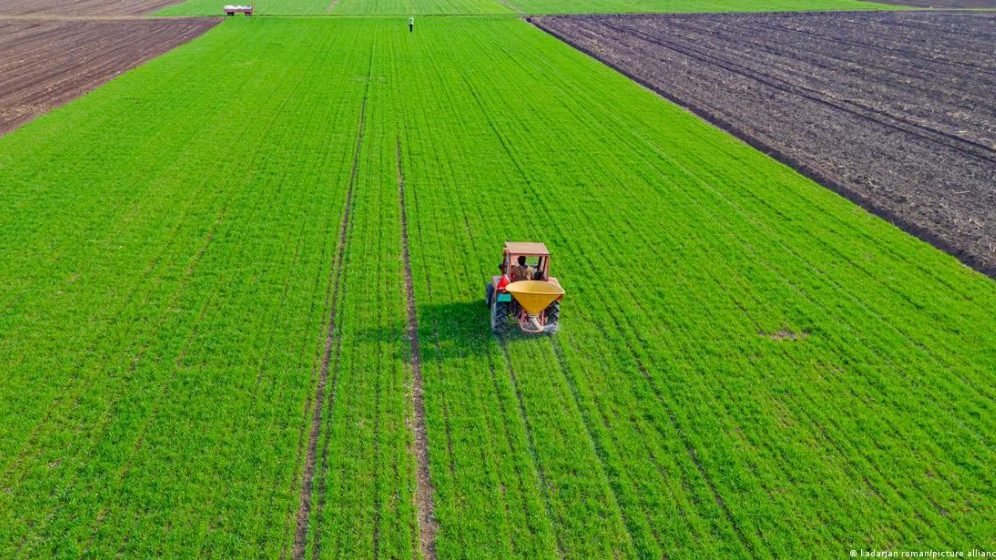WhatsApp fake accounts deleted – WhatsApp Deletes 6.8 Billion Fake Accounts

WhatsApp fake accounts deleted – WhatsApp Deletes 6.8 Billion Fake Accounts in Major Crackdown on Abuse
In a massive global crackdown against abuse, spam, and misinformation, WhatsApp has revealed that it deleted 6.8 billion fake accounts between January 2024 and June 2025. This unprecedented move is part of the platform’s ongoing efforts to protect user integrity, ensure platform safety, and maintain trust among its 1.
The data was published in WhatsApp’s latest transparency report, covering enforcement actions against fake and malicious accounts that violated the platform’s terms of service. The deleted accounts were identified through automated systems, user reports, and content behavior analytics.
🔍 Why Was This Action Necessary?
With the rise of AI-generated content, bots, and social engineering scams, messaging platforms like WhatsApp are increasingly targeted by malicious actors aiming to exploit users.
The fake accounts were found engaging in:
-
Bulk messaging and spamming
-
Spreading misinformation or disinformation
-
Impersonation and phishing scams
-
Promoting fraudulent services or fake giveaways
WhatsApp stated that their AI-based moderation tools, combined with human reviewers, helped detect suspicious behavior such as unusual messaging patterns, rapid account creation, and the use of unauthorized software to control accounts.
📉 6.8 Billion Accounts: A Record-Breaking Takedown
According to the report:
-
4.2 billion fake accounts were removed proactively, without waiting for user complaints.
-
2.6 billion accounts were removed after being reported by users or flagged by automated detection systems.
This number surpasses all previous records and represents WhatsApp’s largest crackdown ever, highlighting the magnitude of online abuse facing modern messaging platforms.
📢 WhatsApp’s Statement
A spokesperson from WhatsApp said:
“The safety of our users is our top priority. We are investing in advanced machine learning and moderation tools to keep WhatsApp free from misuse. Deleting 6.8 billion fake accounts is just one part of our larger mission to ensure that real people can connect safely and privately.”
🔒 How WhatsApp Detects Fake Accounts
WhatsApp uses a multi-layered security system to detect and block abusive accounts. Some of the key technologies include:
-
Machine Learning Models: Analyze behavior patterns such as high-volume messaging, suspicious links, or repeated bans.
-
Phone Number Verification: Fake or disposable numbers are flagged for review.
-
Device Fingerprinting: Identifies cloned apps or modified versions of WhatsApp.
-
Reporting Tools: Users can report spam or suspicious activity, which is reviewed promptly.
The platform emphasizes proactive enforcement, where the system detects and removes bad actors before any harm is done.
🌍 Impact on Users and Platform Integrity
Deleting billions of fake accounts has multiple benefits for both WhatsApp and its global user base:
✅ Increased Trust & Safety
Users can trust that their conversations and group interactions are with real individuals, not automated bots or fake marketers.
✅ Reduced Spam
The removal of fake accounts leads to a noticeable decline in spam messages, fraudulent links, and unwanted promotions.
✅ Combatting Fake News
Many fake accounts are responsible for disseminating misinformation, especially during elections, health crises, or social unrest. Their removal curbs the spread of viral falsehoods.
🛡️ WhatsApp’s Commitment to User Privacy
Despite its tough moderation stance, WhatsApp remains committed to end-to-end encryption, ensuring that only users even WhatsApp can read their messages. The crackdown does not compromise user privacy, as detection is based on behavioral metadata, not content.
The company also confirmed that it will never read private messages or listen to calls unless accounts are reported for abuse or are part of a broader legal investigation.
📊 Fake Accounts: A Growing Challenge Across Tech Platforms
WhatsApp is not alone. Fake accounts and bots are a rising concern across all major tech platforms — including Facebook, Instagram, Telegram, and X (formerly Twitter). Social media networks are under increasing pressure from governments and watchdog groups to take proactive action.
Here’s a brief look at fake account challenges faced by other platforms:
-
Facebook: Deleted over 3 billion fake accounts in 2023.
-
Telegram: Introduced aggressive spam control filters.
-
Instagram: Using facial recognition to detect bot networks.
-
X: Implements paid verification to reduce bot activity.
WhatsApp’s latest crackdown reaffirms the company’s zero-tolerance policy on fake activity.
👥 What You Can Do to Stay Safe
To ensure a safer WhatsApp experience:
-
Avoid clicking on suspicious links, even from known contacts.
-
Never share your verification code with anyone.
-
Report spam accounts directly from the app.
-
Enable two-step verification for added security.
-
Avoid joining public groups without knowing the admin or topic.
✅ Final Thoughts
The deletion of 6.8 billion fake WhatsApp accounts is a powerful reminder of the ongoing battle against digital threats. While this move strengthens the platform’s integrity, it also highlights the need for continued vigilance both from tech companies and users.
As the digital landscape continues to evolve, platforms like WhatsApp must invest even more in AI security, public awareness, and user protection strategies. For now, this action represents a major win against spam, scams, and misuse and is a step in the right direction for a safer, more authentic online experience.



